Note: This is a compilation of Frontier Friday, a weekly Substack published, originally released on 12 Nov. 2021
PART I
If you see the materials in the course Deep Learner and in our book Better Results, we’ve taken an approach to sketching other images ourselves. It’s nowhere near perfect–but I guess that’s the idea.
A few years ago, I began to obsess with how to covey not-so-straightforward ideas using sketchnoting. After reading Understand How We Learn by Weinstein, Sumaracki and Caviglioli and Stop Talking, and Start Influencing by Jared C Horvath, I was convinced that I had to doodle a bit more.
Based on the Dual-coding theory, there are two independent pathways that we neurologically encode information. This is called the visiospatial sketchpad (i.e., visual) and the phonological loop (i.e., spoken words and written words). Incidentally, this is why when you are trying to listening to a talking head in a presentation, and trying to read a text-heavy slide, it seems hard to focus. In this instance, the phonological pathway is overly taxed.
In this series of Frontiers Friday, I’d share some of this sketch notes that I’ve been playing around with. If you’ve been to some of my trainings before, a few would be familiar to you.
- 🗣 Which Type of Learner Are You?

Which pattern of learning do we get sucked into becoming?
And which of the 4 patterns of learning resembles mastery learning?
If you missed this keynote, The Edge and Leverages of Deliberate Practice, I’ve talked briefly about this at the end of the talk.
- Four Levels in Your Professional Development Journey

Hazard a guess:
At which level do majority of practitioners face challenges that stop them from real development? (*see answer below)
- Two Ways to Influence Client Outcome

vs.
Two Questions:
i. Do you know what are the key factors that are predictive of improving client outcomes?
ii. And based on your current performance, what are the factors that are influenceable in leveraging outcomes?
Leverage point is a critical step in using deliberate practice to improve your outcomes. We tackle this issue heads on in our upcoming Deliberate Practice Web-Based Workshop. More info below.
- “Are You Experienced?”

We must do our best to counteract the redline. See this post, 6 Visuals About Our Progress.
- ⏸ Words Image Worth Contemplating:

The art of losing control
Reflection:
The next time you are in the shower, sing your troubles for 5 mins–without stopping. Don’t stop, don’t censor, don’t judge. (notice how a critical side might creep in “I’m crazy…I can’t sing..I’m out of tune…”) …and Just sing it away anyway. After you have done so, what can you graft from this little experiment?(footnote: I stole this idea from one of my favorite improvisational singers, Bobby Mcferrin.)
PART II
- 🗣🎶 Three Types of Knowledge
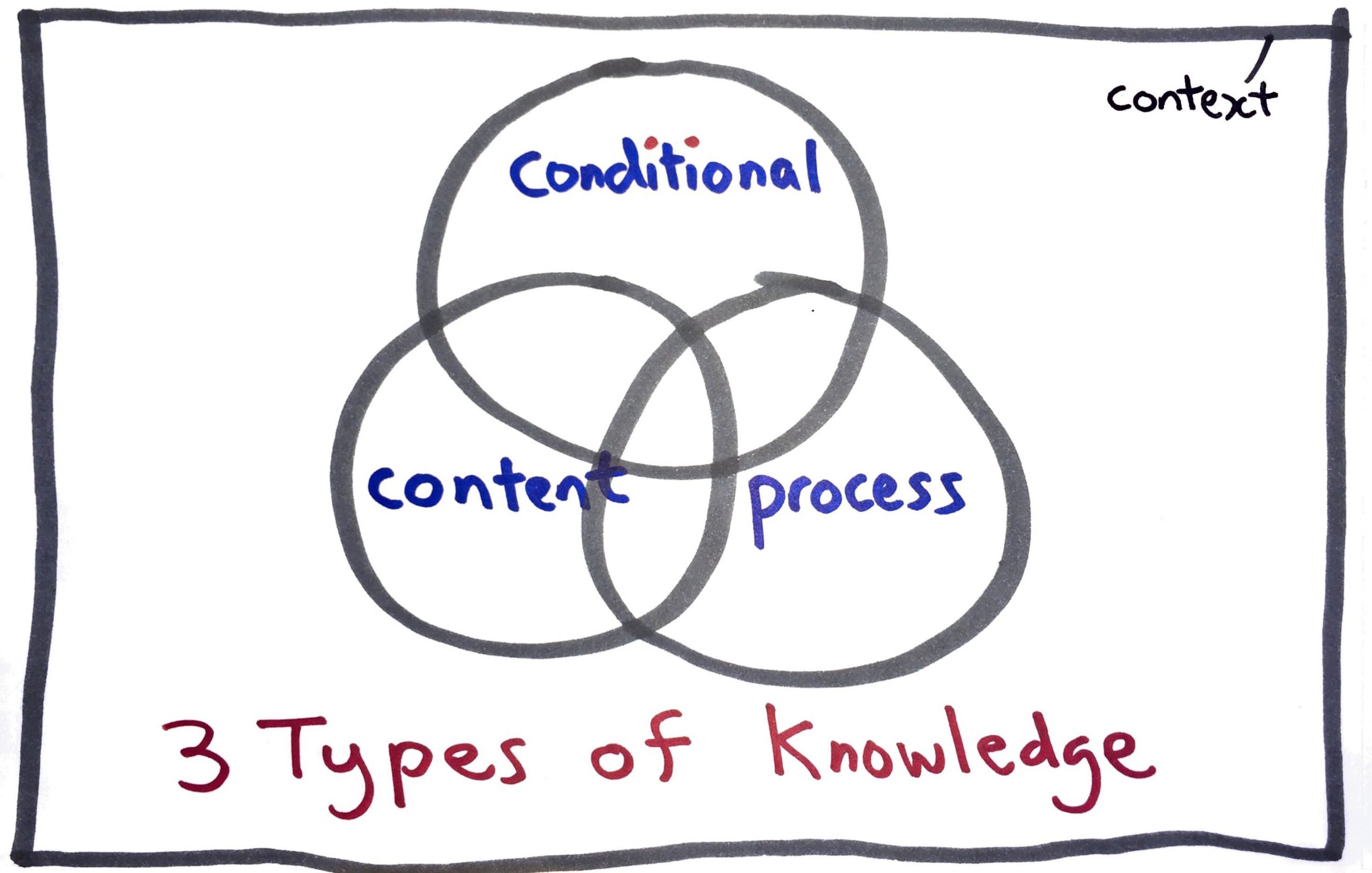
Here are some related blogs on this topic and why the distinction is crucial in our development:
Three Types of Knowledge, and Why This Matters in Psychotherapy
Teach the 3 Types of Knowledge and Not Just 1
Information is Not Transformation
Explainoholic
- 👇First Principles
One could seek the Methods…
Or seek the Principles.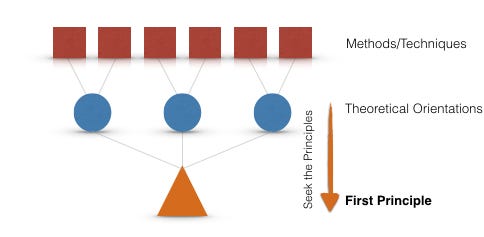
Which direction are you going?
For more on principles-based thinking, see the following:
Develop First Principles Before The Methods
Three Ways to Develop First Principles in Your Clinical Practice
First Principles: The 5-Step Process for Deep and Accelerated Learning in Therapy
- 👫 Adaptive
When we are not adaptive what the client brings into conversation within the relational context of therapy, we run the risk of becoming too reactive i.e., lack of structure or overly predictive i.e., algorithmic.
Here’s one of the ways to be consistently adaptive. Read Wait…Why Measure?
- 🇸🇬 Performing vs Learning

Listen to this podcast episode #5. When Performing Impedes Learning on why I think an over-emphasis on performing can impede learning (Yes, this is coming from a person who was brought up in Singapore, a country with high praise on performance).
- ⏸ Words Worth Contemplating:
One has to investigate the principle in one thing or one event exhaustively . . . Things and the self are governed by the same principle. If you understand one, you understand the other, for the truth within and the truth without are identical. ~ Er Cheng Yishu, 11th century.
Reflection:
Make a list of your guiding principles. How did these principles play out in your life and clinical practice? What were its first seeds?
PART III
- ✍️ From My Desk: Obsession with Map Finding
We have an obsession with map finding. We think that if we search hard enough, we will correct the map that we have, and/or find the right map to rule them all
- Default Practice vs. Deliberate Practice

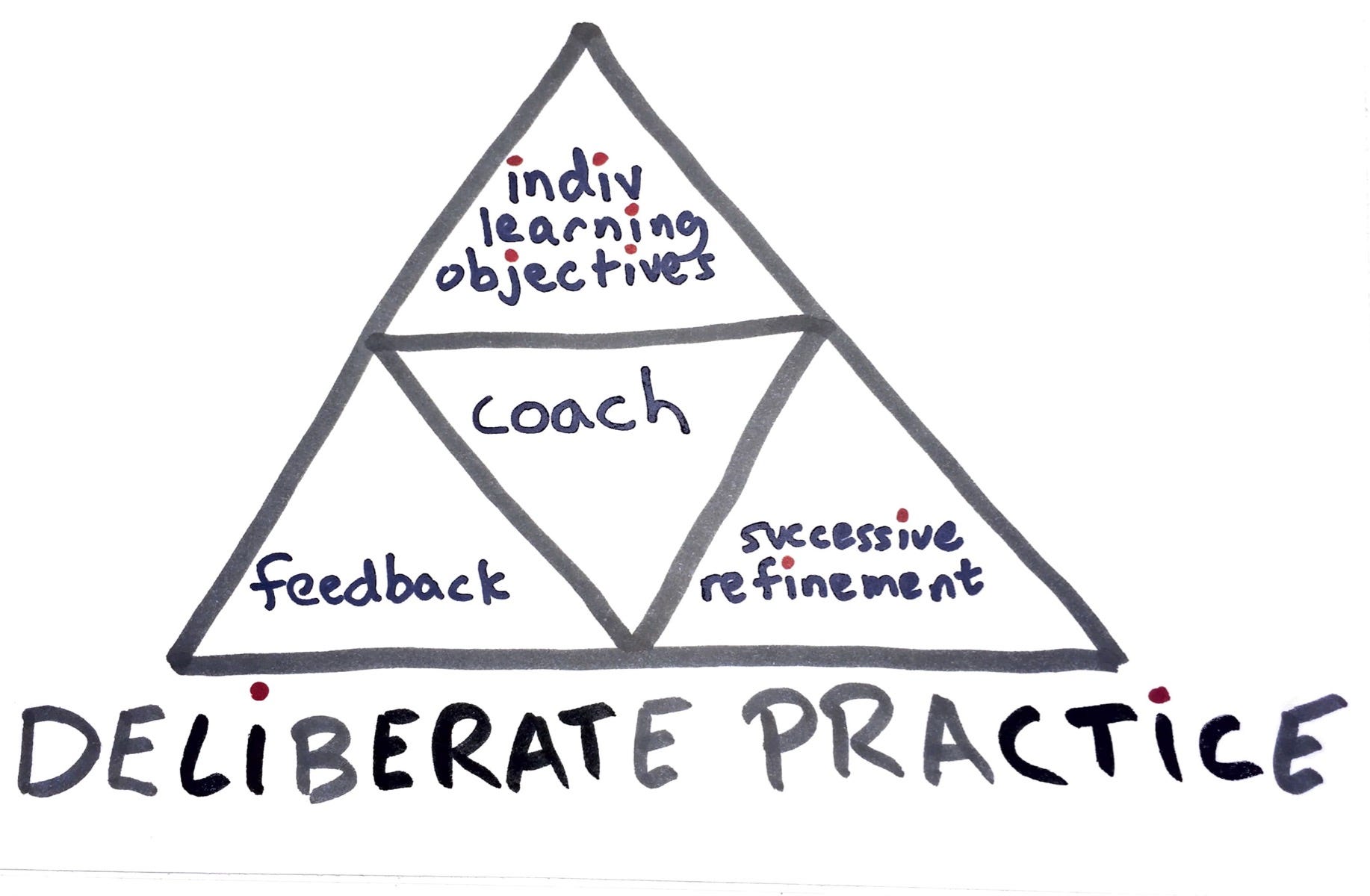
Look carefully at the differences in the 4 domains of both pyramids.
One of the hardest process goals for therapist in getting towards their outcome goals is to shift from
– Being dictated what is best for us to learn (i.e., course curriculum) to
– Figuring out what you have to learn (i.e., individualised learning objectives, based on our zone of proximal development (ZPD) that actually has leverage on improving your outcomes.
- ☎️ From the Archives: What Does Deliberate Practice Look Like?

It’s what you do “offstage” and “backstage”. - Psychological Oxygen

- ⏸ Words Worth Contemplating:
Compete with yourself and root for everyone else. ~ Candice Millard.
Reflection:
How do you make the hard things to do easy, and make the “easy” things to do hard?
PART IV
- ✍️ NEW From My Desk: Develop Good Taste
Before you can develop good abilities, you’ve got to develop good taste.If you want to develop as a musician, you’d want to develop an ear for music. You would then need to expose yourself to a wide array of different genres and different takes on different genres by different artists, as much as possible.Unfortunately, many therapists don’t get the chance to view other therapists in a action –less than their figures can count. If you were a musician, your ears wouldn’t be seasoned enough to develop good taste if you only heard 10, 20, or even 30 artists.
In this blog, I talk about how to listen to the works of other therapists and a specific way of listening so as to encourage deep learning. - 🛑 Good Decision Making
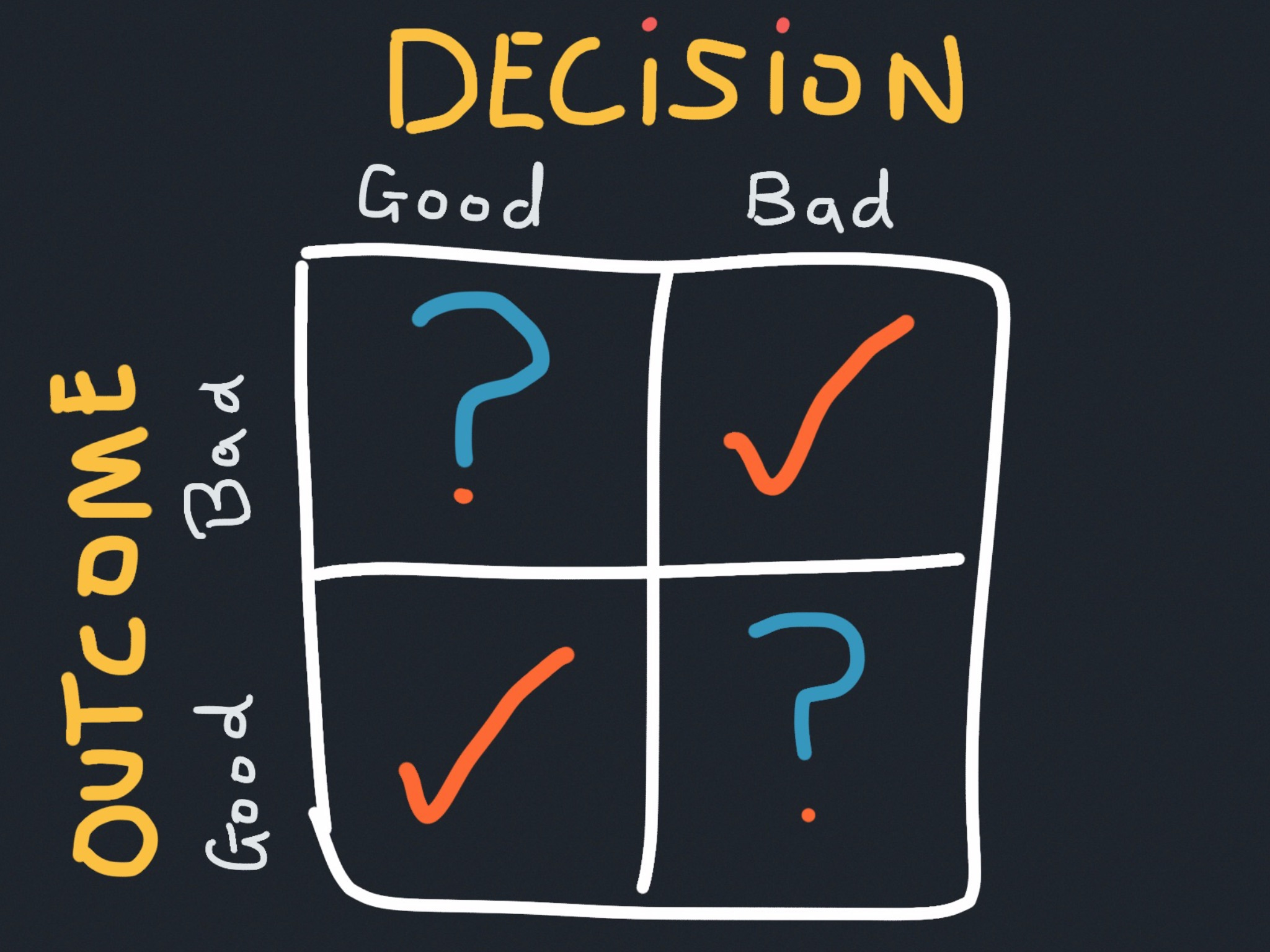
Study this quadrant carefully.
Half of them makes intuitive sense. Good decision, good outcome. Bad decision, bad outcome.
Well, it’s possible to make bad decisions and get a good outcome (e.g., Drive x2 of the speed limit–and drunk– and you were unscathed).
It’s also possible to make a good decision, and get a bad outcome. (e.g., You mustered the courage to approach a stranger at a party for a chat, but the person didn’t want to engage).
Because of the wicked environment of therapy that operate in, it’s a slippery slope in conflating outcomes and decisions.
See this related blogpost: The Music of Psychotherapy: Learning in a Wicked Environment.
(We talked about this in our Deliberate Practice Web-Based Workshop. Do check out Annie Duke’s second book, How to Decide.)
- ☎️ From the Archives: Blackbox Thinking for Psychotherapists

First, the blackbox isn’t black; it’s orange.
They are 2 of these “black” boxes hooked up in planes. One stores the cockpit audio recordings, the other stores airplane instrument data. Whenever a crash occurs, the data from the black boxes is widely disseminated so everyone can learn what they need to do differently in order to avoid repeating the mistake.
I argue that every psychotherapists should develop their little own blackboxes. Here’s 5 ways of how to do so, and 3 dispositions to take in order to grow something out of your very own blackbox.
Fun Fact: The black box was invented by a a young Australian scientist named Dr. David Warren in the mid 1950s. In turn, Australia became the first country in the world to make the Black Box mandatory for all commercial aircraft.
- 🎥 Video: Why Are These 32 symbols found all over Europe?
I was so intrigued by this video. The presenter argues that the written language was not built on a vaccum, but built upon graphic communication. Genieve vonPetzinger states that there are 32 universal symbols used across the last 30000 years across Europe.
Here it is:
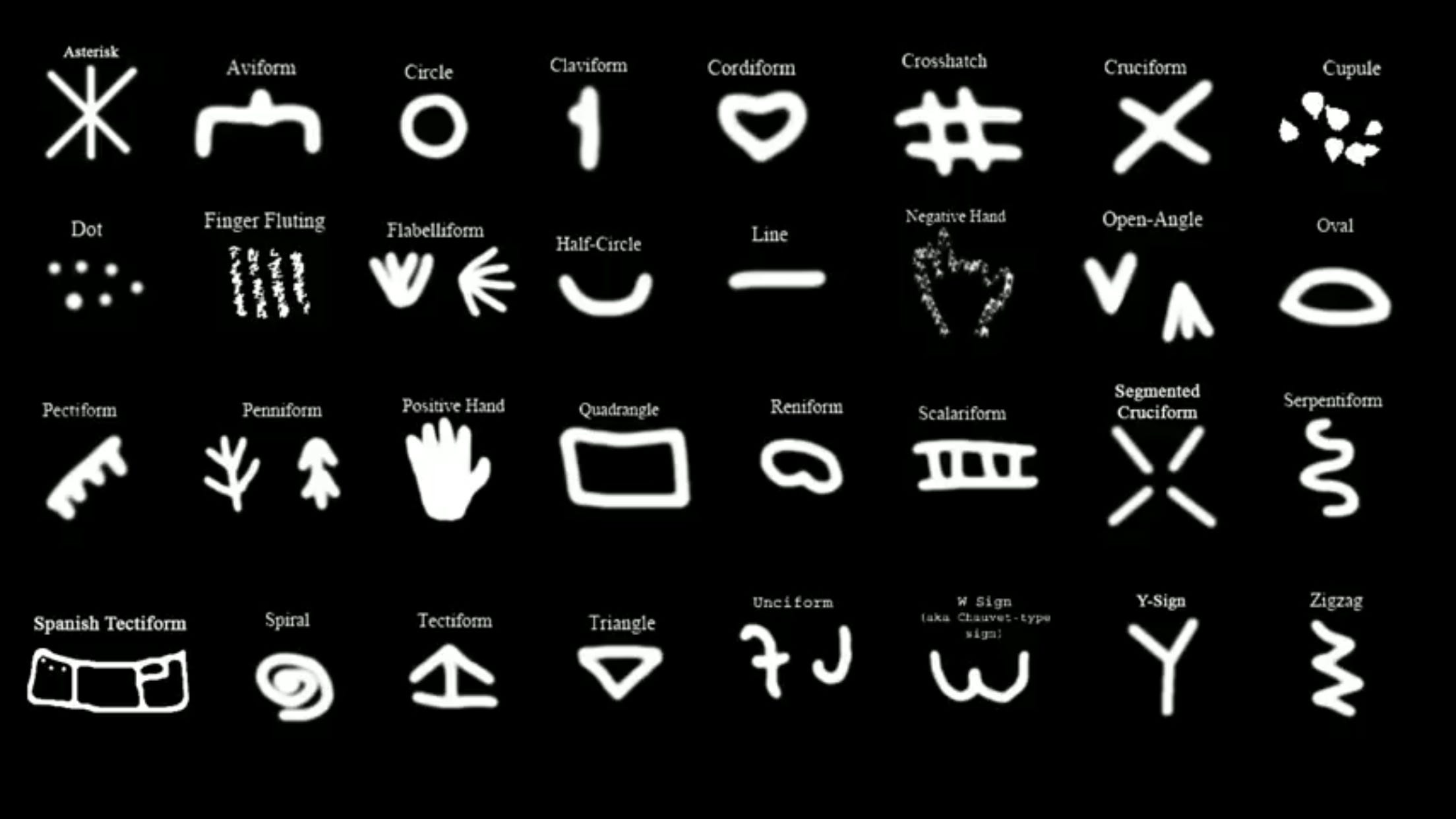
So fascinating! I’m also surprised that there were no symbols for faces (no smiley?)
- ⏸ Words Worth Contemplating:
Good taste is an incredibly valuable skill, and you can acquire it with practice.
~ Author, Seth Godin.
Reflection:
Who are the therapists that you admire? What are the qualities that they have?
What does that say about the person that you are that admires this attributes?
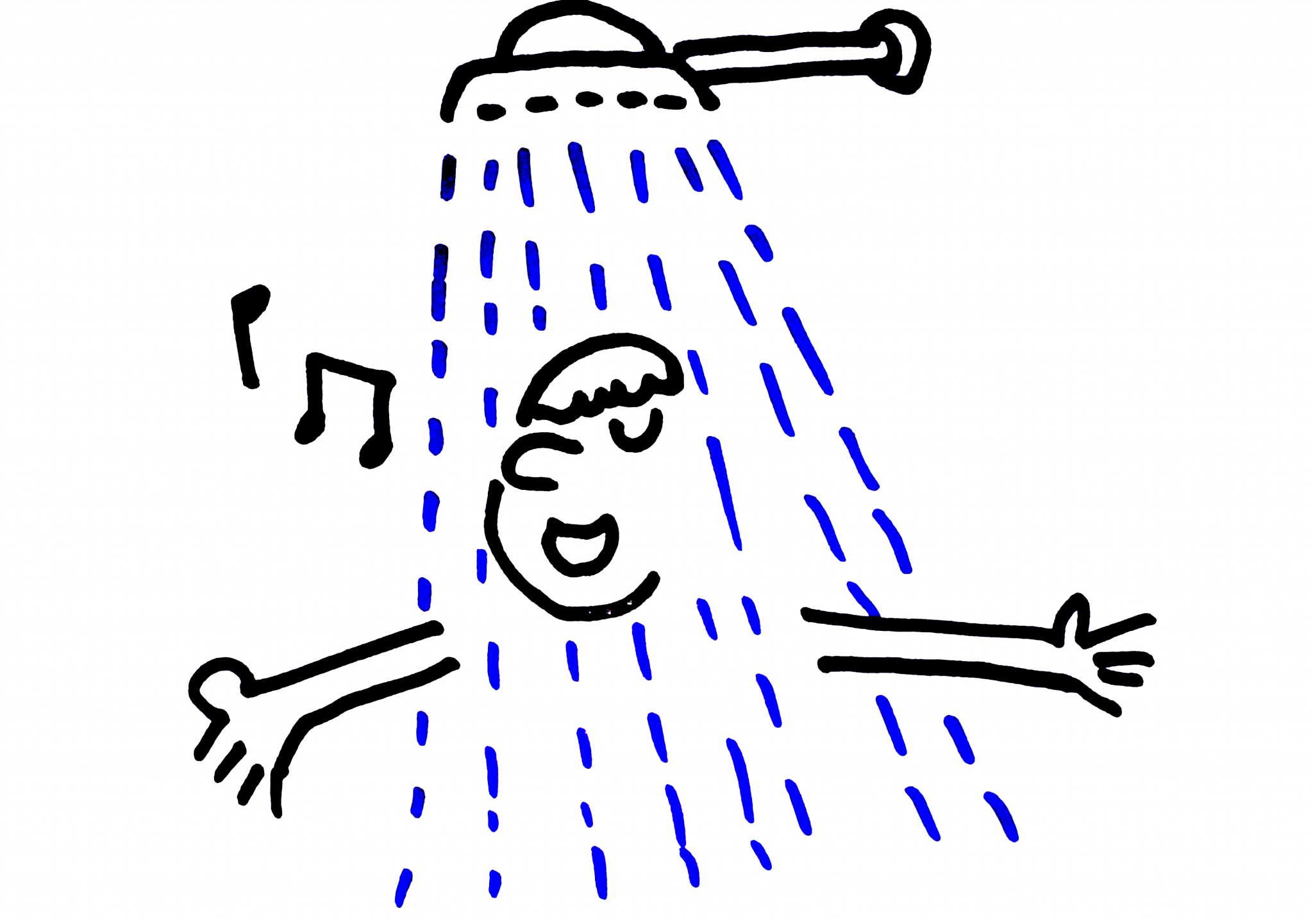


Recent Comments